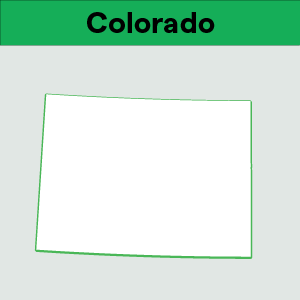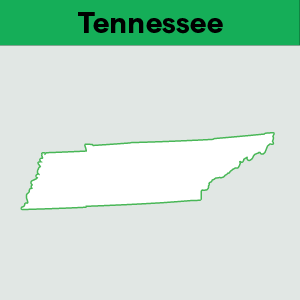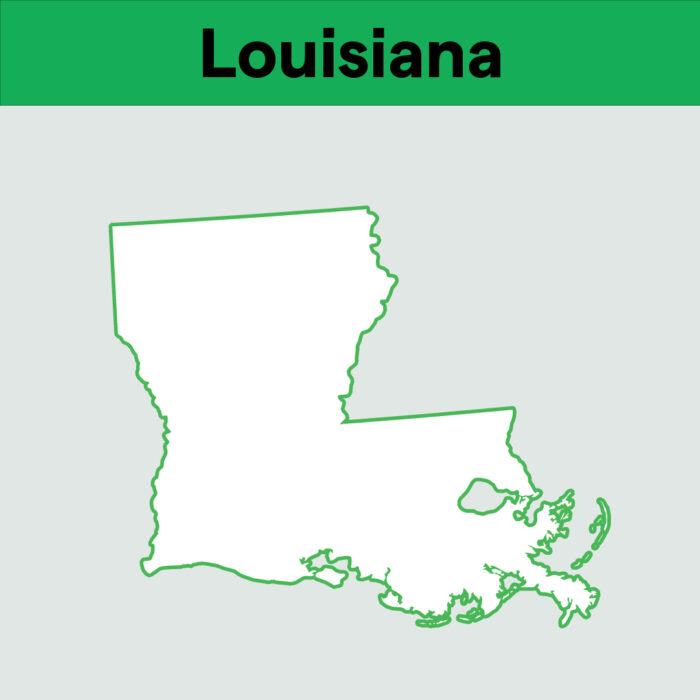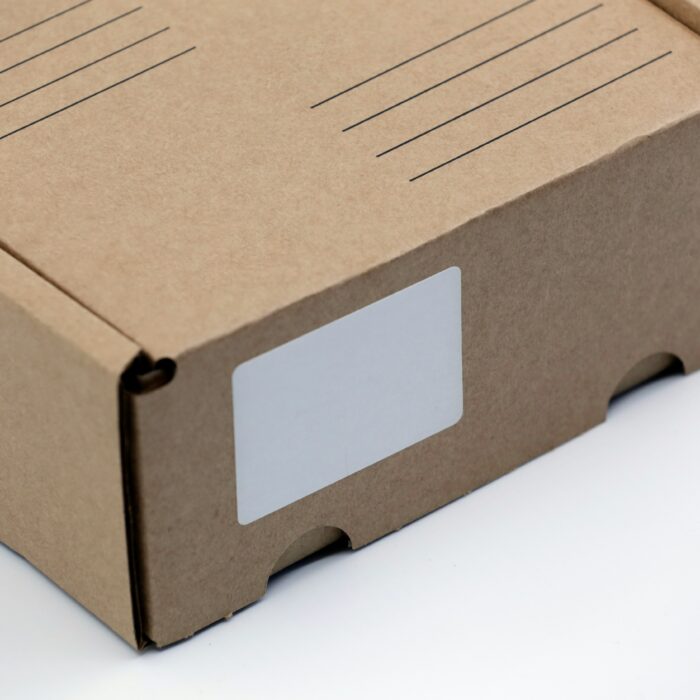Is food taxable in Maine?
by February 14, 2025
Each state gets to make its own rules and laws around sales tax. And one way that many states vary is around how to charge sales tax on food items. This post will dig into what you need to know if you sell groceries or own a restaurant or food truck in Maine.
Are groceries taxable in Maine?
Maine considers “grocery staples” to be exempt from sales tax. Maine law defines grocery staples as “food products ordinarily consumed for human nourishment.”
Examples of food staples under Maine law include: fruit, vegetables, fish, meat, dairy, bread, breakfast cereal, canned and boxed food products, and condiments.
Maine, however, gets a little finicky on what is considered a “staple.” For example, “supplemental meal items” like potato chips are taxable. Further, snacks like candy, granola bars, or dried fruit, or processed (i.e. shelled, salted, etc.), jerky, nuts and seeds are taxable. This makes Maine’s tax exemption for grocery food a little less expansive than most other states that provide this type of exemption.
Maine Revenue Services recently updated their Bulletin No. 12 for “Retailers of Food Products” with additional info for retailers who primarily sell grocery food.
Are meals taxable in Maine?
Prepared foods are generally taxable in Maine at a separate higher rate than other items. This is regardless if they are to be eaten on the premises or sold for takeout.
The current tax rate for prepared food in Maine is 8%.
Maine’s definition of “prepared food” contains three categories:
- All “meals” served on or off the premises of the retailer
- All food and drink prepared by the retailer and ready for consumption without further preparation (Restaurant food – both dine-in and to go, deli and bakery items, etc.)
- The 75% rule – All food and drink sold by a retailer at a particular retail location when the sales of food and drinks at that location that are prepared by the retailer account for more than 75% of the gross receipts reported with respect to that location by the retailer.
Because of Maine’s expansive definition of prepared food, most restaurant and other ready-to-eat food in Maine is taxed at the higher prepared food rate.
Maine Revenue Services has provided Bulletin No. 27 for “Sales of Prepared Food” to businesses that sell meals or other prepared food.
Are beverages taxable in Maine?
Maine considers most beverages taxable. This includes all types of bottled water, soft drinks, powdered drinks, coffee and tea.
Find more information about drink taxability in Bulletin No. 12 for “Retailers of Food Products.”
How to always collect the correct amount of sales tax in Maine
Do you sell groceries, meals or beverages? Are you required to collect sales tax in Maine? Then this may sound like a huge headache.
That’s where TaxJar comes in.
With the TaxJar API, you can be sure you’re collecting the right amount of sales tax on every transaction. Our product tax codes ensure you do collect sales tax on that soft drink but don’t collect sales tax on that plain coffee drink.
Not to mention, most e-commerce businesses have nexus in multiple states. For example, groceries are taxable in some states, but non-taxable in others. Or, like Maine, only a certain subset called “grocery staples” are considered non-taxable. With TaxJar, you’ll collect the right amount of sales tax from every customer, in every state, every time.
Further food and meal taxability resources:
- Sales Tax by State: Are grocery items taxable?
- Sales Tax by State: To-Go Restaurant Orders
- Is the food I sell on my food truck taxable?
- Maine Sales Tax Guide for Businesses
Ready to automate sales tax collection, reporting and filing? Click here for more on how TaxJar can take the headache out of sales tax in your food & beverage business.








